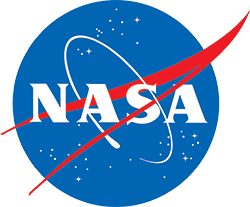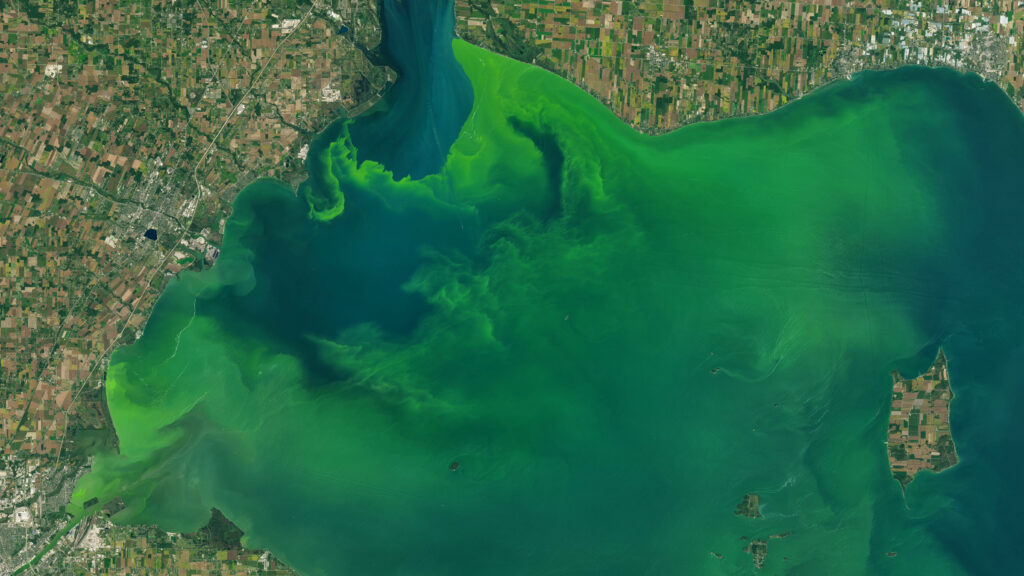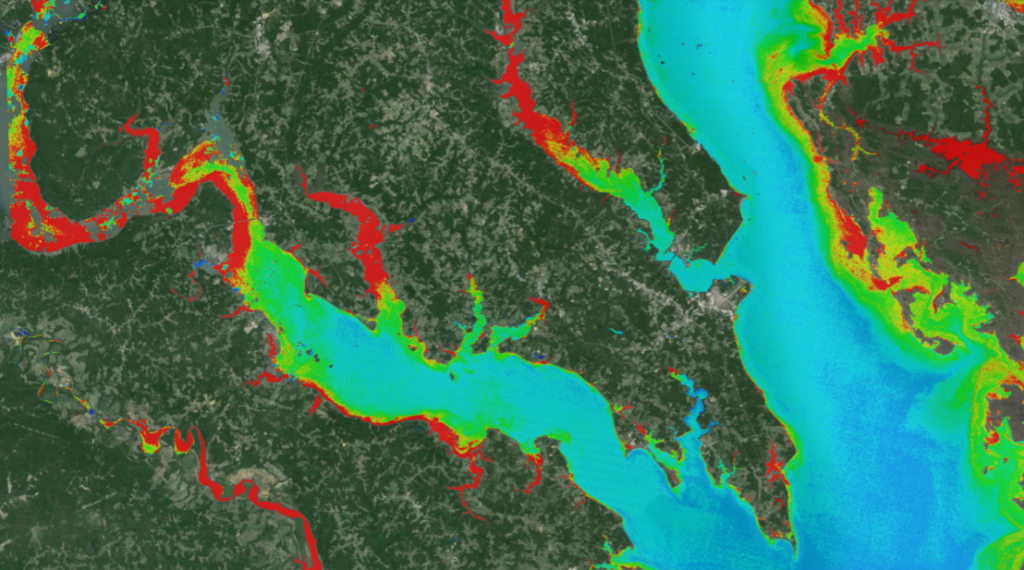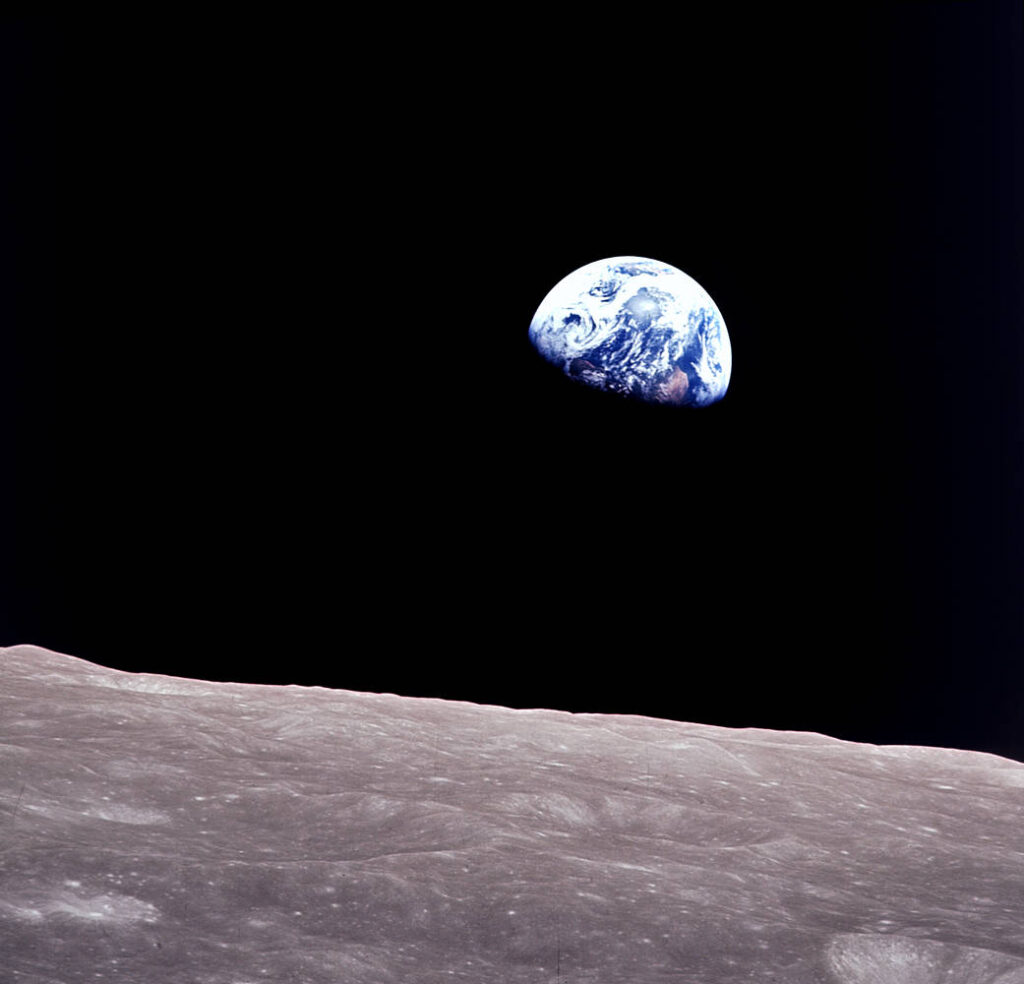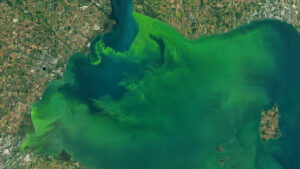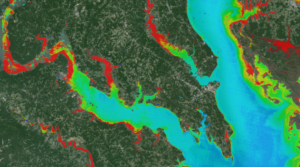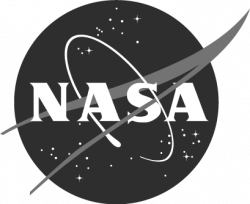Source: USGS
- Electronic access to the entire USGS Landsat 7 archive, enabling users to download standard-format scenes at no charge, has been an amazing success, with over 125,000 scenes downloaded since October 1st. Previously acquired imagery from Landsat 1 through Landsat 5, is also now available for download at no charge using the same standard processing format. Processing parameters and other details about the products can be found at
https://www.usgs.gov/landsat-missions/products_data_at_no_charge.php
- . Previously offered USGS Landsat products with customer-defined options, including media, are no longer available.
Newly acquired Landsat 7 ETM+ SLC-off and Landsat 5 TM images with less than 40 percent cloud cover are automatically processed and made available for immediate download. Imagery with greater than 40 percent cloud cover can be processed upon request. Once the requested scenes are processed, an email notification is sent to the customer with instructions for downloading. These scenes will then become accessible to all users. Landsat data can be searched, downloaded, or requested from GloVis or EarthExplorer. High demand for this data may result in slow search performance and processing times, which typically range from 1-3 days for Landsat 7 ETM+ and some Landsat 5 TM data and 3-4 weeks for Landsat 1-5 MSS, Landsat 4 TM and some Landsat 5 TM data. Please contact USGS Customer Service at custserv@usgs.gov with any comments or questions.
+ USGS Announcement
